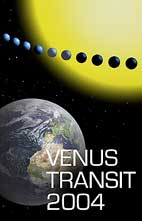
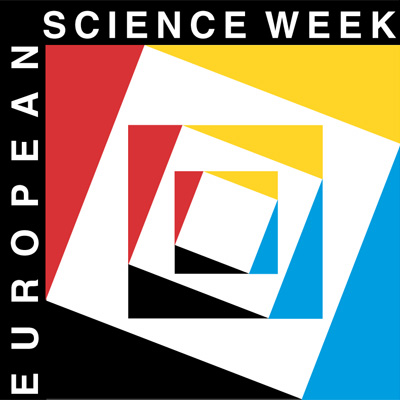
The Venus Transit 2004
... Brief InfoSheet F7
The 1882 Transit of Venus as Seen from Chile
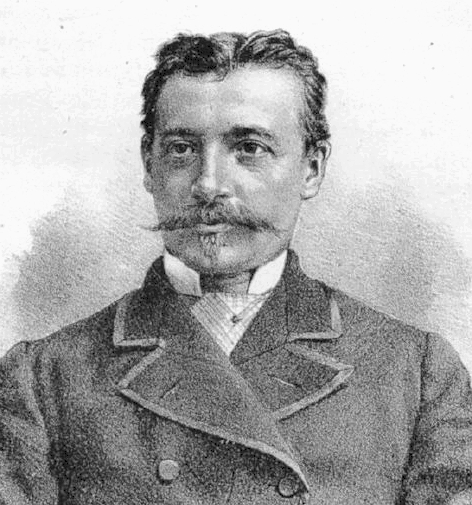
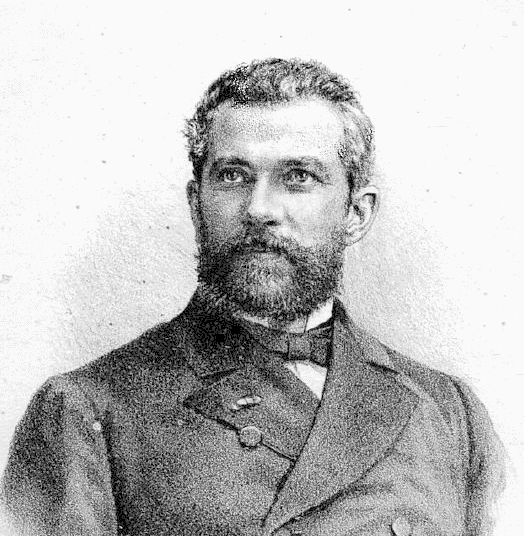
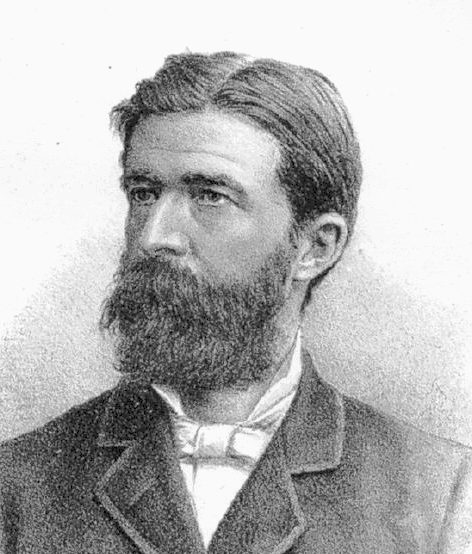
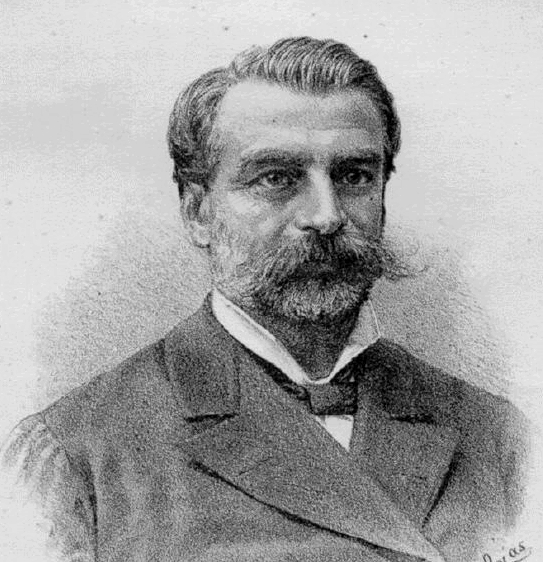
Portraits of the leaders of the Belgian, French and U. S. expeditions (from left to right: Louis Niesten, Octave de Bernardières, Lewis Boss) and of the director of the Chilean National Observatory, José Vergara (from Zegers 1883).
A Summary
The previous transit of Venus took place when many smaller and younger nations became interested in astronomical research, and arranged for expeditions to observe the event. But time was not yet ripe to establish international cooperation in instrumentation and data reduction, as the 1882 international Venus conference indicated. The first major international astronomical project, the Carte du Ciel, launched in 1887, became a tiresome and eventually doomed enterprise. International cooperation in space science, nuclear physics, etc., is in present times an obvious choice, if not a necessity. In the 1950s European countries agreed to establish ESO, and almost all astronomical projects in Chile are nowadays multi-national enterprises, culminating in the construction of ALMA. William Harkness would be surprised how much astronomical matters have changed since the (half)-shadow of Venus previously fell on earth...
Want to know more?
This topic is discussed in a more detailed way in the associated Extended InfoSheet.
Back to the List of Brief InfoSheets.
